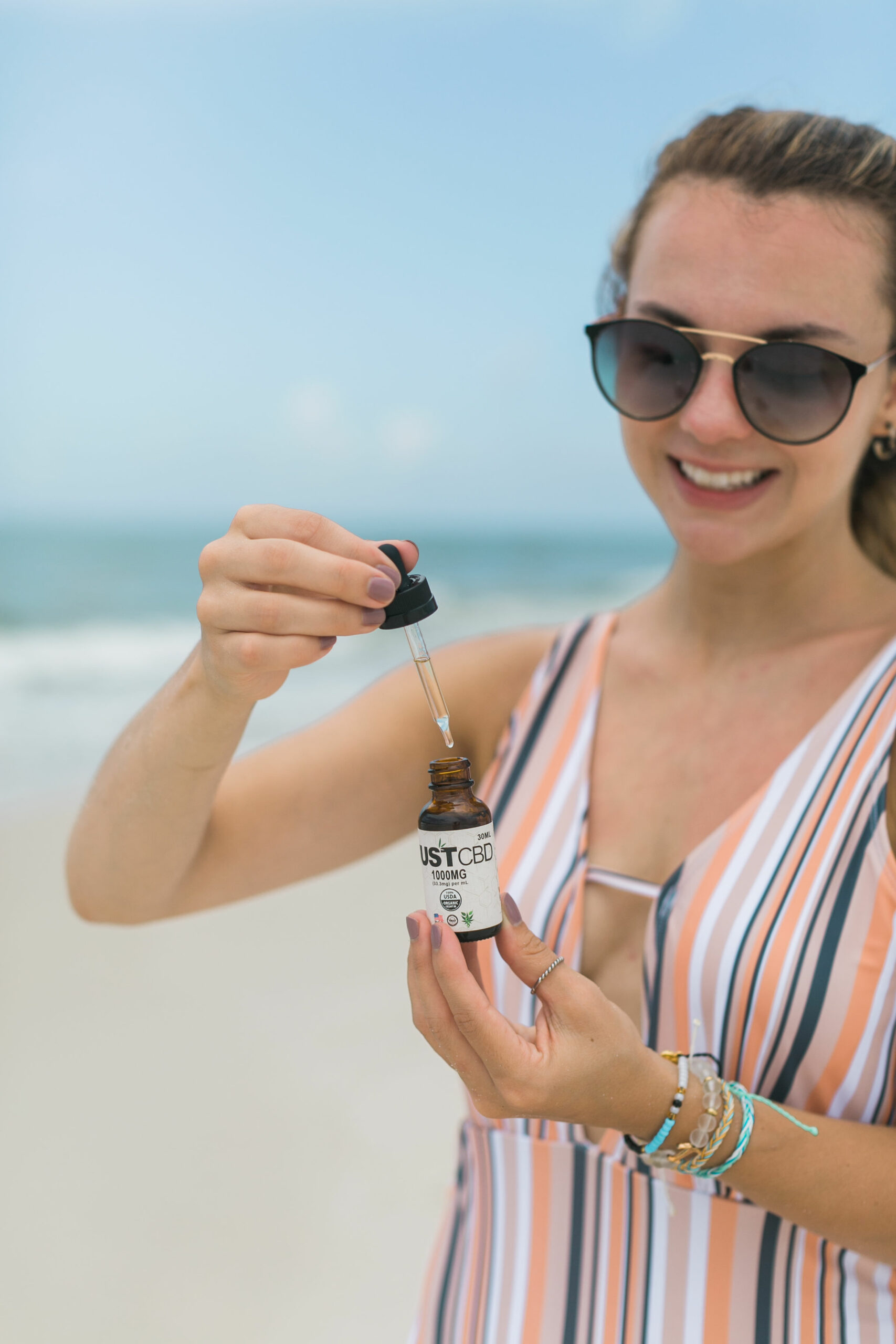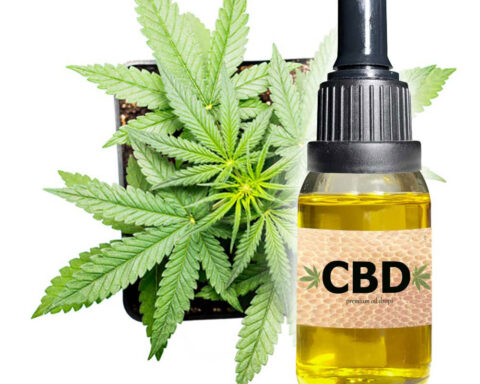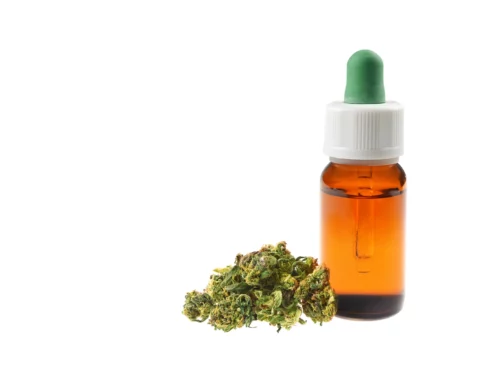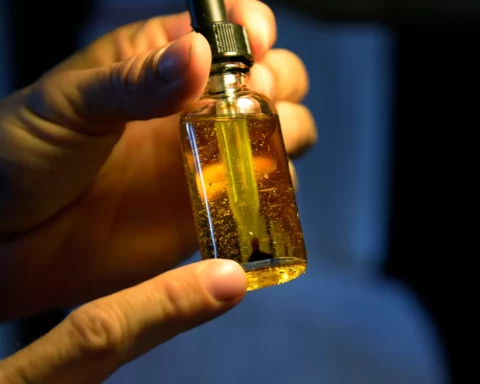Proponents of CBD(cannabidiol) oil agree that it helps with ailments. These benefits have led to the increased popularity of CBD. Scientific study shows how effective it is but generally, results are mixed. Therefore, what is CBD oil? What is the science behind it? Keep reading to find answers to these and more.
What is CBD Oil?
CBD is a prevalent active ingredient in cannabis or marijuana. It is among more than 100 chemical compounds in the cannabis plant. It’s obtained from stores and is usually from the hemp plant, closely related to marijuana. The difference between cannabis and hemp is in the amount of delta-9-tetrahydrocannabinol(THC), contained in leaves and flowers. THC is the cannabinoid that gets people high, and not CBD. This makes it a reliable option for beneficiaries who want to avoid psychoactive or mind-altering effects. It does not cause dependency in humans because different individuals react differently to CBD. When used in its pure form, there are very rare chances of developing health problems.
Since the use of CBD is gaining momentum across the globe, it can be obtained online or from a physical store in various forms; supplements, food, or drinks, among others. Nonetheless, CBD products are legal in some states but forbidden in others. Know your state’s law or travel destination laws regarding CBD and its products. CBD is extracted from hemp and sold in the form of a concentrated liquid. Processes used in its extraction process vary. Therefore, some chemicals may be added, meaning that the resulting CBD oil might differ from one manufacturer to another.
Components of CBD Oil
CBD oil is a product of CBD, made by extracting CBD from the cannabis plant and diluting it with a carrier oil, e.g., olive, coconut oil or hemp seed. Some CBD oils have traces of THC, while others do not. CBD oil is different from hemp oil in that hemp oil is from seeds while the latter is extracted with varying amounts from the seeds or flowers. Since little is known about CBD oil, a lot of data should be confirmed about whether or not the benefits of CBD oil is true. Hence, more research is necessary to reach a conclusive decision on this controversial topic.
Is CBD Oil Safe?
Since the FDA does not regulate CBD, decide whether it’s safe or pure for personal use. The main disadvantage is lack of clarity on the accuracy of information portrayed in the product. Be careful not to use CBD oil extensively to avoid side effects associated with CBD like;
- Nausea
- Change in appetite
- Fatigue
- Irritation
- Drowsiness
Even though these side effects are mild, there are instances where a high intake could lead to liver injuries, increased blood thinning, or even interfere with other medications. The right dosage of CBD oil for an ailment is difficult to establish as well as determining the consumption amount and the period of its effectiveness. Every individual is unique in their own way, so seek advice from a professional healthcare technician .
Precaution and Warning
There are cases where CBD oil is not safe for use hence the need to take precaution. An expectant woman or a breastfeeding mother are not advised to use CBD oil. It might have some ingredients or contaminants that could harm the fetus or newborn. It is not yet clear whether or not the product is safe for children. However, the available studies point at one prescription CBD product, epidiolex, which can be given orally to children only when prescribed at a dose of up to 25mg each day. Note that this prescription drug containing CBD is only recommended for certain conditions in children below 2 years. The strongest evidence available points to its effectiveness in treating epilepsy syndrome in children, Dravet syndrome and Lennox-Gastaut syndrome(LGS). Epidiolex is the first medication derived from CBD and has FDA’s approval. Patients with chronic diseases like liver disease should take precautions when using CBD oil because, in high doses, it can cause injury to the liver. To be safe, use a small dosage or consult your doctor or other trusted health officials before using CBD oil.
Conclusion
The science behind CBD oil is promising yet has mixed results. Some of the results are based on animal findings, so more should be done on humans to establish its effectiveness. Clinical experiments and ongoing studies can help determine CBD oil’s effectiveness in dealing with certain conditions. It is good to be unswayed by claims made by manufacturers of the health benefits of CBD oil.









